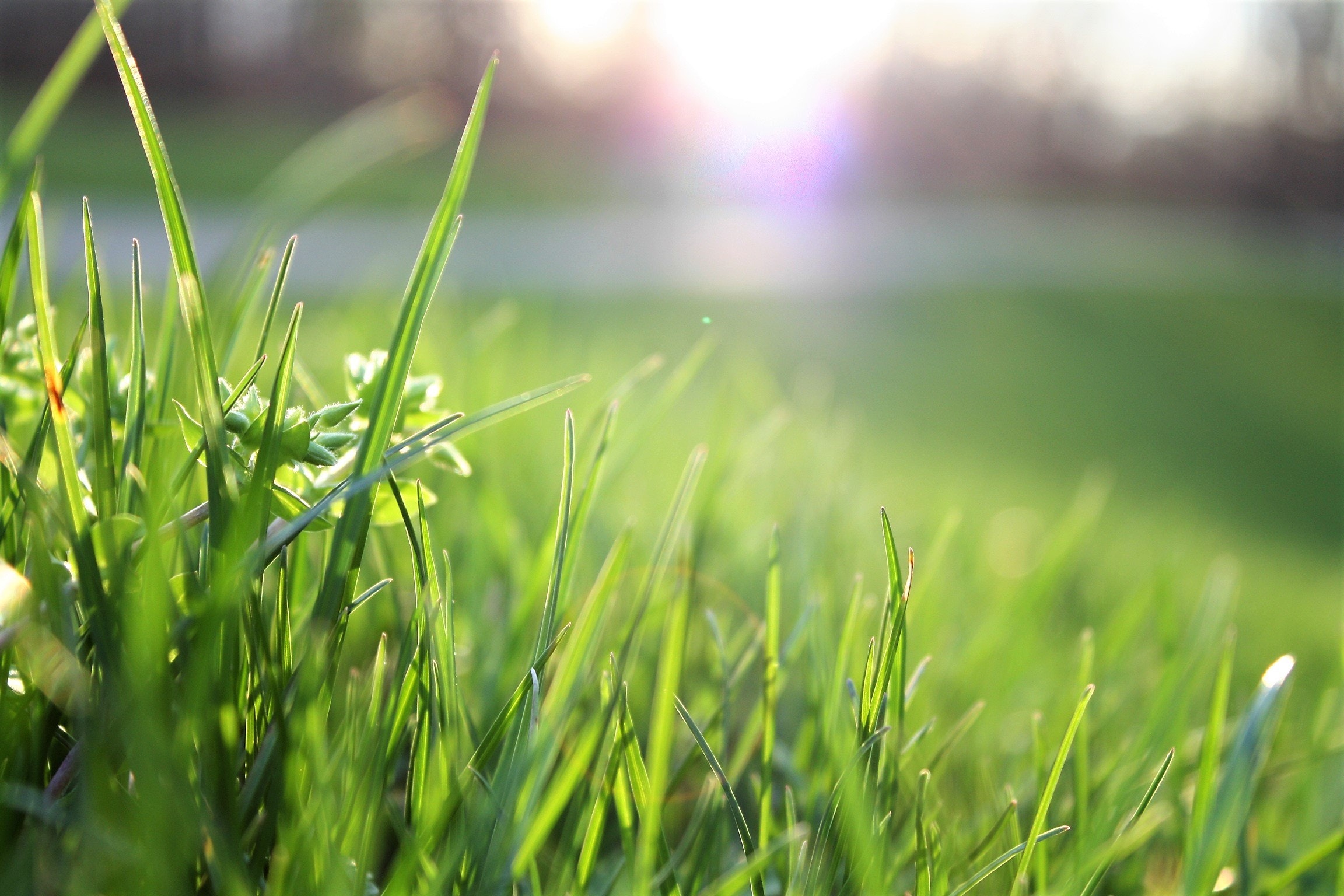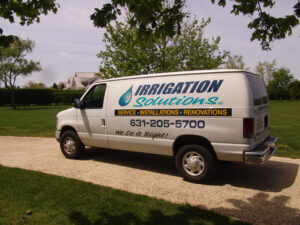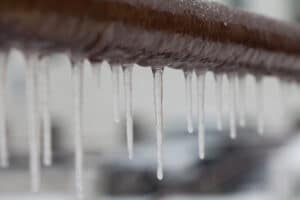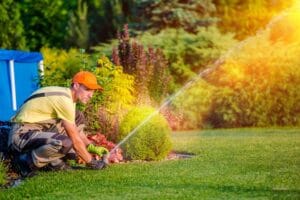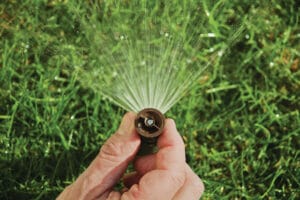Greener, More Efficient Ways to Grow Your Lawn
We all know now how important it is to look after how much water we are using. We want to help maintain our environment without it costing us the earth, to make sure we are living in an ecologically and financially sustainable way. Luckily, reducing your water usage doesn’t mean you’re going to have to give up on that beautiful green stretch of lawn you’ve cared for all of these years.
We just need to be smart about it.
How Often Should You Water Your Lawn?
Rather than constant short sprinkles, you should be aiming for less-frequent, longer soaks of your lawn. A short burst of water will leave the grass looking slick but you want the water to soak deep down into the soil to promote root growth. This is how you get a more resilient lawn, with deep roots that can keep providing water for your lawn even if it is dry out.
Of course, every lawn is different and you should tailor all of this advice to your specific space (think about your grass type, your local weather, and the season) but generally, we would recommend two good, deep soaks a week.
How to Avoid Overwatering Your Lawn
Water When It’s Cool
This one might seem counterproductive, but you shouldn’t immediately turn to your sprinklers when the temperature starts to climb. On really hot days, a lot of the water that the sprinkler system puts out will evaporate before it soaks down into the soil. It’s just not an efficient use of water. Instead, water on a cooler day or in the morning when those hot summer days are just waking up. You want a well-maintained, resilient lawn, not a reactive one.
Where to Water
If we’re setting out to limit our lawn water usage, it makes sense to only water the lawn. This means making sure that your sprinkler patterns are concentrated on where they need to be: there’s no need for them to be hosing down the driveway or cleaning the fence.
Beyond this, spacing is important. An efficient home irrigation system will maintain a good, even spread over the lawn so that a uniform amount of water is distributed. If your lawn features different types of plants, you may want to tailor how much water goes where depending on their specific characteristics.
Watering a Large Long Island Property
Get Smart
In this modern world of ours, you don’t have to do all of this by yourself. Weather sensors are available that will make sure your sprinklers only run when the weather is right. This means if it’s raining, too cold, too windy, or any other kind of extreme conditions, the system automatically shuts off.
But there are more comprehensive options available than just a simple weather sensor. A smart irrigation controller will constantly keep an eye on the weather and soil conditions affecting your lawn and will tailor your system’s water output in real-time.
This means you always have the optimum amount of water released at any one time, are able to see data on how much water is being used, and receive early notification of any problems (think broken sprinkler heads, leaking pipes) before they become real issues. All of this is clearly laid out in an app or online so that you can really understand what is happening with your lawn.
Bring In A Professional
Regular lawn sprinkler system maintenance can really help keep your water usage and bills down where you want them. Having a professional evaluate your irrigation system can not only help you stay on top of perennial problems like leaks, but you can also get advice on more complex problems, such as efficient water distribution, and valuable advice on how best to design your home irrigation system.
Of course, you don’t need someone monitoring your lawn every week, but it is especially important to review your system when the weather begins to change: both getting ready for spring activations, and preparing for the winter cold.
Then with all of these tips in place, it is time to sit back and relax, knowing that your lawn will be healthier, your water usage lower, your bills lighter, and our environment just a little better off.

